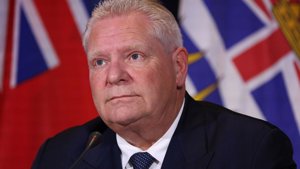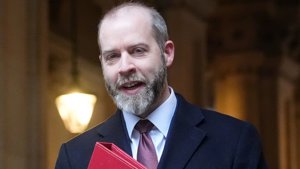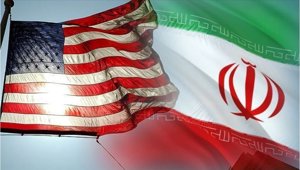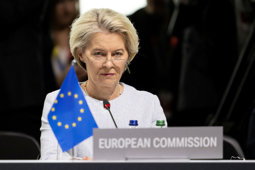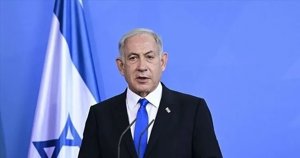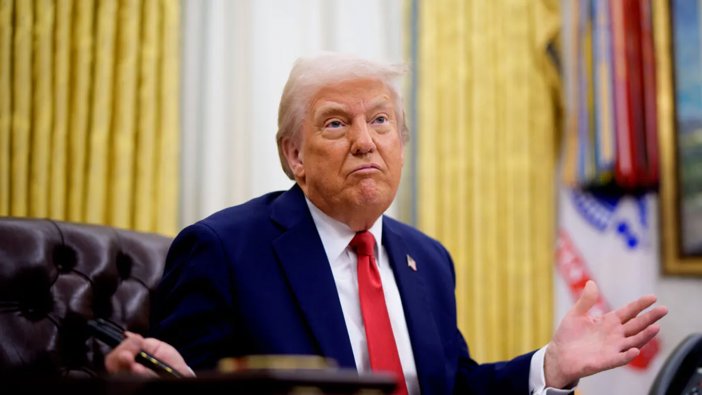
Trump to Veto Tariff Powers Bill
United States President Donald Trump announced he would veto a new bipartisan bill if it passes Congress, aiming to limit the executive branch’s authority to impose tariffs without congressional approval. The proposed legislation, introduced by Senators Maria Cantwell and Chuck Grassley, seeks to place greater checks on the president’s ability to act unilaterally on trade matters.
According to a White House statement, the administration views the bill as a threat to its economic agenda and foreign policy autonomy. “The Trump Administration is enacting policies to put America First on trade by opening new market access for US farmers, raising wages for American workers, pursuing reciprocal trade, and reshoring the manufacturing essential to our national security. If passed, this bill would dangerously hamper the President's authority and duty to determine our foreign policy and protect our national security,” the statement read.
The legislation has gained traction quickly, securing the backing of seven Republican senators. Its broad support highlights growing bipartisan concern over the expanding use of tariff powers, which many lawmakers see as increasingly bypassing Congress. Senator Cantwell noted the unusually swift support for the bill as a reflection of deep-seated anxiety about the concentration of trade powers in the executive branch.
The president was reportedly displeased upon learning about the bill's introduction, viewing it as a challenge to his core trade strategies. His administration has championed a “reciprocal trade” philosophy, advocating for tougher trade terms with countries it believes engage in unfair practices. Tariffs have been a cornerstone of that strategy, used to pressure trading partners and support domestic industries.
While the bill’s prospects in both chambers of Congress remain uncertain, the threat of a presidential veto adds another layer of complexity to the ongoing debate about trade policy. Trump’s strong stance indicates that any efforts to dilute his trade authority will likely face stiff resistance, keeping executive power central to U.S. trade negotiations for the foreseeable future.


